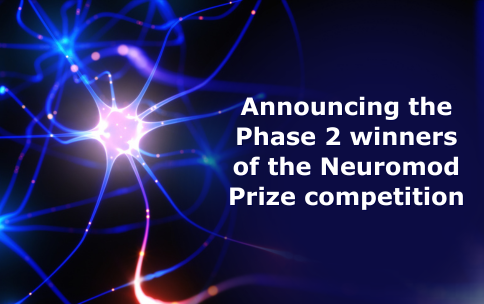
Today, the National Institutes of Health (NIH) announced four Phase 2 winners of the Neuromod Prize, a $9.8 million competition to accelerate the development of targeted neuromodulation therapies. The second phase of the competition invited the eight winning teams from Phase 1 to build on their submissions by conducting proof-of-concept studies.
The Neuromod Prize is part of the SPARC (Stimulating Peripheral Activity to Relieve Conditions) initiative from the NIH Common Fund. SPARC has made critical progress to date elevating bioelectronic medicine, closing fundamental knowledge gaps, and offering tools that enable open science and innovation. With this competition, NIH is using open innovation to foster approaches that are capable of selectively targeting multiple organs and functions without unintended effects on non-target organs.
The competition judging panel selected the Phase 2 winners according to the official judging criteria, and NIH awarded each team $1 million. The winners are using various approaches to stimulate a range of targets, including the spinal, and pelvic nerves. The winning solutions demonstrate potential to restore function, and address debilitating conditions — improving patient quality of life with limited side effects. The winning solutions are:
- Anthony F. DiMarco, M.D.: High-frequency spinal cord stimulation reduces respiratory tract infections and improves bowel management in people with neurological impairment.
- Juniper Biomedical (formerly RBI Medical): Highly precise, micro-implantable neuromodulation to treat stress urinary incontinence, overactive bladder and fecal incontinence.
- University of Louisville Research Foundation Inc: StimXS, neuromodulation of the lumbosacral spinal cord, automatically regulates cardiovascular, respiratory, and urinary systems after spinal cord injury.
- University of Pittsburgh Department of Urology: A novel multi-channel implantable device for sacral-pudendal neuromodulation to treat bladder, bowel, and sexual disorders.
The third phase of the competition will invite Phase 2 winners to build on their submissions by conducting IDE-enabling studies. They will be eligible to compete for the Phase 3 prize pool of $5 million.
Learn more about the Neuromod Prize and the Phase 2 winners on the Neuromod Prize website.


